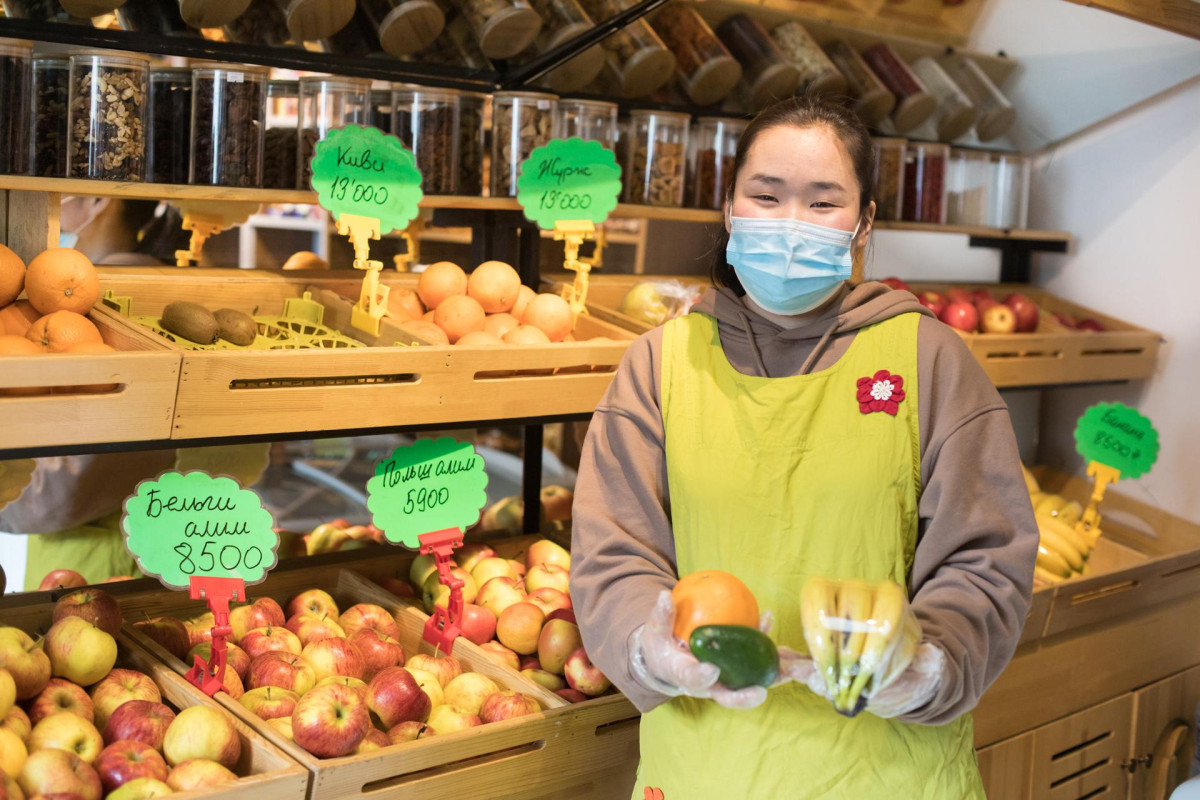Switching on the Green Economy: Mongolia Approves Five New Environmental Standards
Published: Nov 19, 2024 Reading time: 4 minutes Share: Share an article
Ulaanbaatar, Mongolia – In a significant stride towards sustainability, the EU funded "Switching On the Green Economy" (SOGE) project team successfully secured the approval of five pivotal environmental standards by Mongolia's Technical Committee on Environmental Standards on October 3rd. The adoption of ISO 14020, 14021, 14024, 14025, and 14029 lays a robust foundation for eco-labeling in Mongolia, marking a critical step towards enhancing sustainable practices within the country’s business community, particularly among small and medium-sized enterprises (SMEs).
The Newly Approved Standards
• ISO 14020 – Environmental Labels and Declarations: Establishes general principles for creating credible, transparent environmental labels, ensuring that claims about the environmental impact of products and services are accurate.
• ISO 14021 – Self-Declared Environmental Claims (Type II Labels): Focuses on environmental claims made directly by businesses, ensuring they are truthful, verifiable, and not misleading, even without third-party certification.
• ISO 14024 – Environmental Labels and Declarations (Type I Labels): A key standard for third-party certified eco-labeling, allowing products with superior environmental performance across their life cycle to be recognized and rewarded.
• ISO 14025 – Environmental Product Declarations (EPD): Provides a framework for communicating a product’s environmental impact based on a life cycle assessment (LCA), enabling informed choices by consumers and businesses.
• ISO 14029 – Quantification and Reporting of Greenhouse Gas Emissions: Guides organizations on measuring and reporting their greenhouse gas emissions, promoting transparency and accountability in their efforts to mitigate climate change.
Empowering SMEs for a Sustainable Future
With the official publication of these standards approaching, Mongolia’s SMEs and business owners will soon be eligible to apply for eco labels. This development is a significant milestone in Mongolia's national strategy to cut greenhouse gas emissions by 22.7% by 2030. The agri-food and beverage sector, having a substantial environmental impact, stands to benefit immensely from adopting resource-efficient practices from farm to fork.
The SOGE project aims to mainstream eco-labeling and green certification, linking them with existing digital payment products to increase the interest of agri-food and beverage MSMEs and retailers in adopting circular economy practices. By providing these businesses with the know-how and tools to introduce sustainable practices and access to green financing opportunities, the project enhances their environmental performance and contributes to a faster transition to a resource-efficient economy and poverty alleviation.
Objectives of the SOGE Project
• Transition to a Low-Carbon Economy: Contributing to Mongolia's progressive shift towards a low-carbon, resource-efficient circular economy.
• Accelerate Poverty Reduction: Supporting Mongolian agri-food and beverage MSMEs and retailers in adopting sustainable practices.
• Adopt Circular Economy Practices: Promoting the adoption of circular economy practices through a market-based eco-labeling system, tailored technical assistance, behavior change initiatives, and access to green finance.
The Way Forward
Eco-labeling and green certification are being mainstreamed and linked with existing digital payment products, increasing the interest of MSMEs and retailers in sustainable practices. By providing MSMEs with the know-how and tools to introduce sustainable circular economy practices and access to green financing opportunities, the project enhances their environmental performance. This empowerment allows them to effectively contribute to a faster transition to a resource-efficient economy and poverty alleviation.
The project aligns with the European Green Deal, circular economy principles, and climate change initiatives. By employing the EU Ecolabel voluntary scheme as guidance for developing standard operating procedures for the Mongolian eco-labeling system, it creates synergies between international efforts.
Commitment to Sustainability
As Mongolia’s SMEs look toward the future, the SOGE project remains committed to supporting sustainability across Mongolia’s business sector. Building on the approval of the five environmental standards, the project is already advancing the approval of two additional standards—ISO 14050 (Environmental Management Vocabulary) and ISO 14044 (Life Cycle Assessment). These new standards will enhance the existing eco-labeling framework, providing a more comprehensive system for businesses. This continued effort will empower Mongolia’s SMEs to adopt sustainable practices, contributing to the country’s transition toward a greener and more competitive economy.



